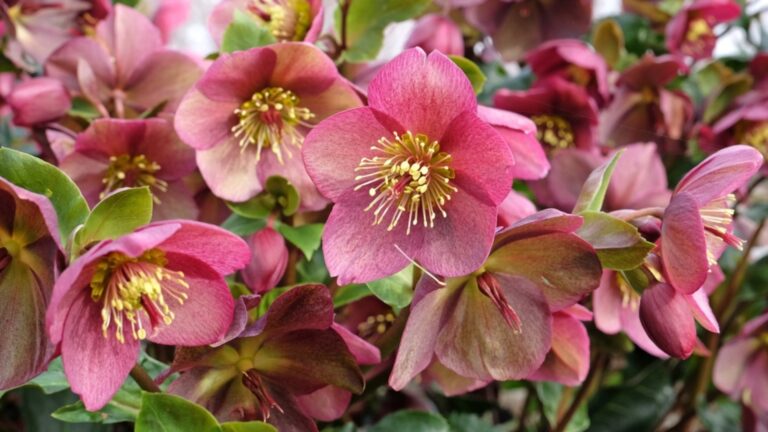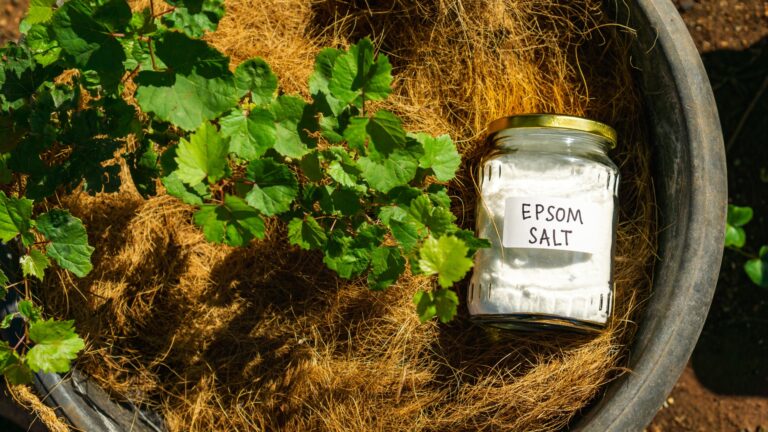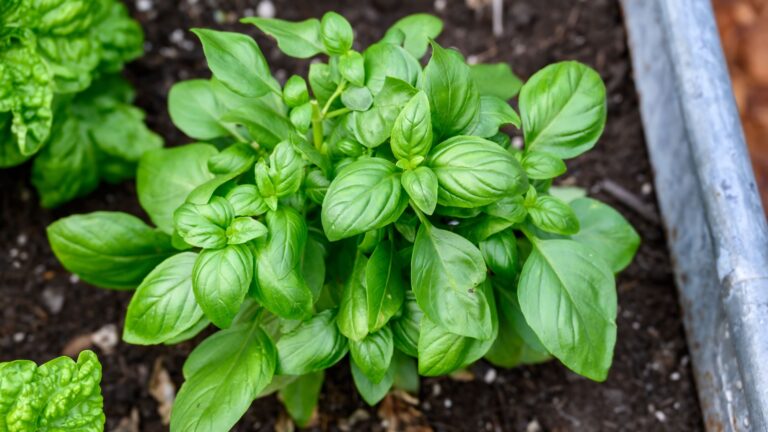9 Vines That Double As Ground Covers To Suppress Weeds In Tennessee
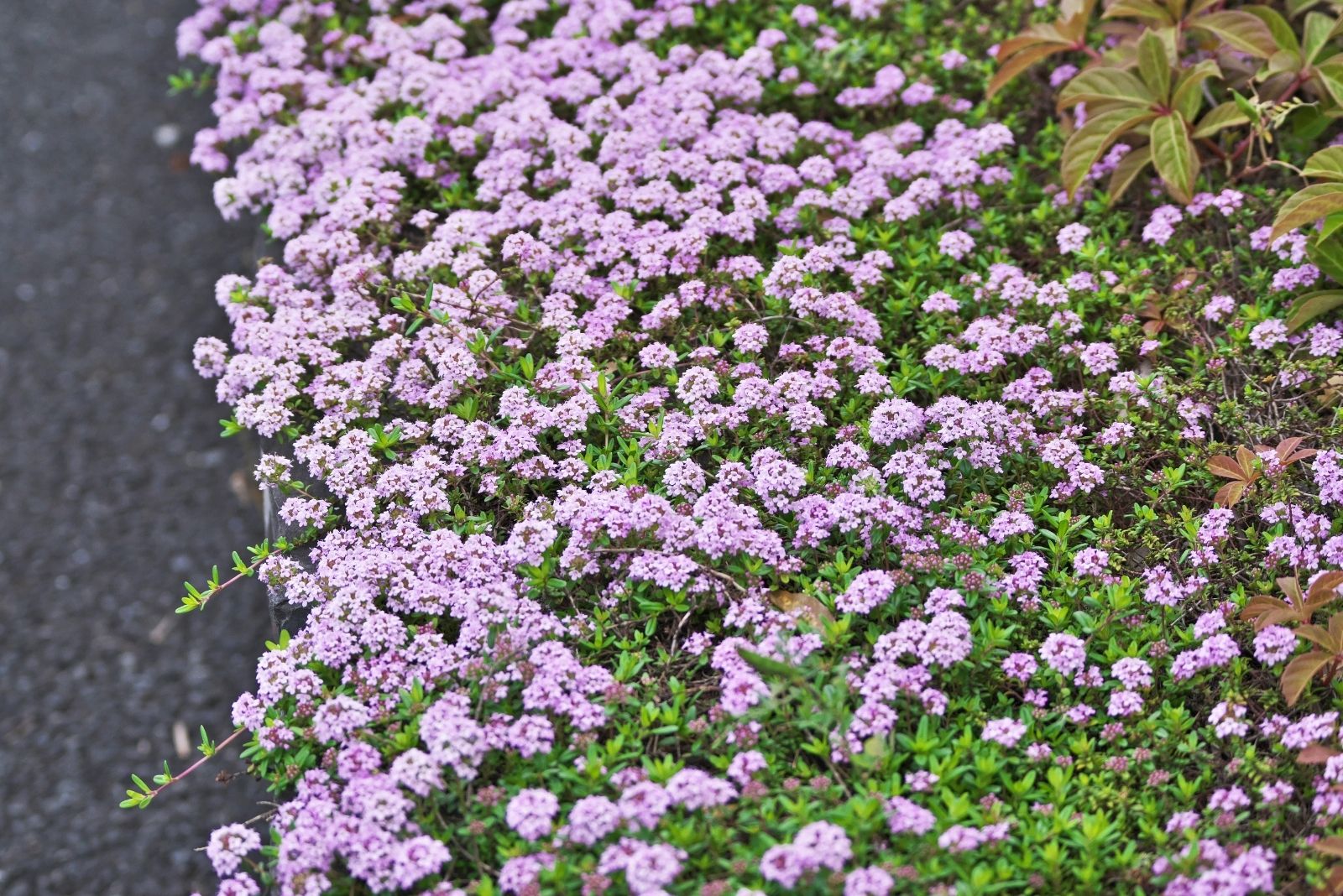
Tennessee gardeners face a constant battle with persistent weeds throughout our long growing season. Instead of endless weeding or using harmful chemicals, consider nature’s own solution: spreading vines that act as living mulch.
These ground-covering vines create dense mats that naturally suppress weeds while adding beauty to your landscape. Here are nine vine options perfectly suited for Tennessee’s climate that will help you reclaim your garden from unwanted invaders.
1. Creeping Thyme
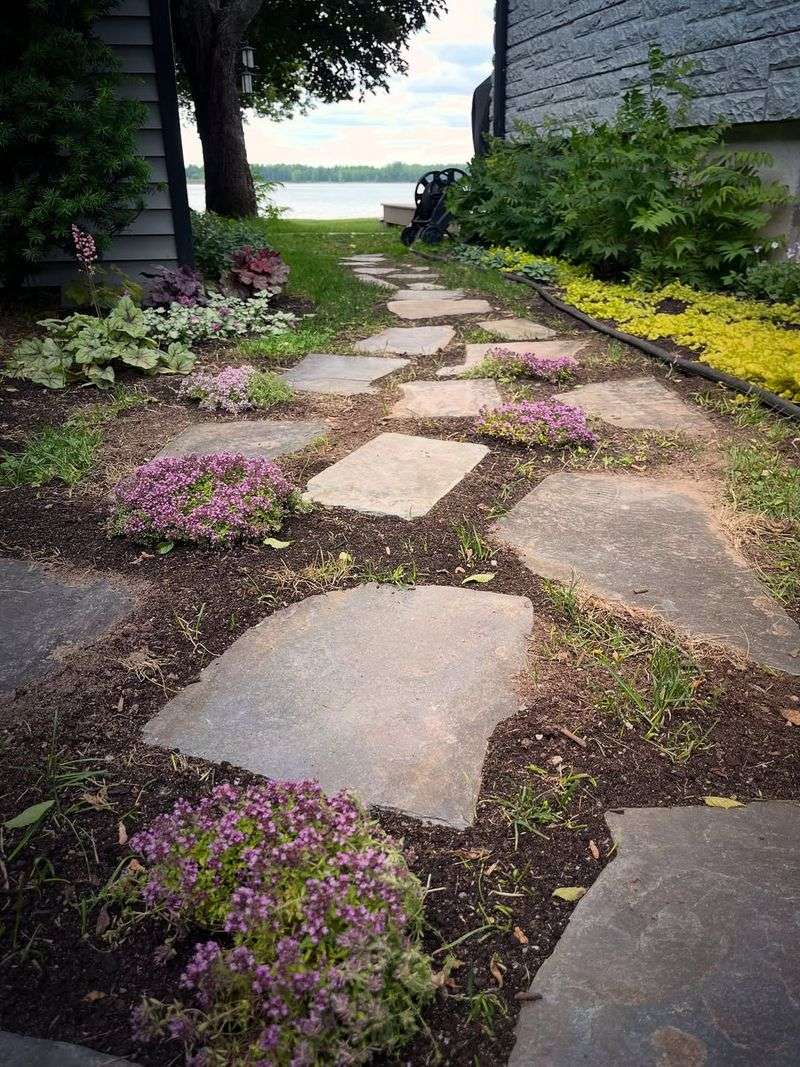
Growing creeping thyme in my Tennessee garden has been a game-changer for weed control between stepping stones and along pathways. The fragrant, low-growing mat releases a pleasant aroma when walked upon.
During our hot summers, it thrives with minimal care while crowding out persistent weeds. The tiny purple flowers attract beneficial pollinators too.
Plant it in well-drained soil with full to partial sun exposure. Unlike many ground covers, it handles moderate foot traffic without complaint, making it perfect for high-traffic areas.
2. Vinca Minor (Periwinkle)
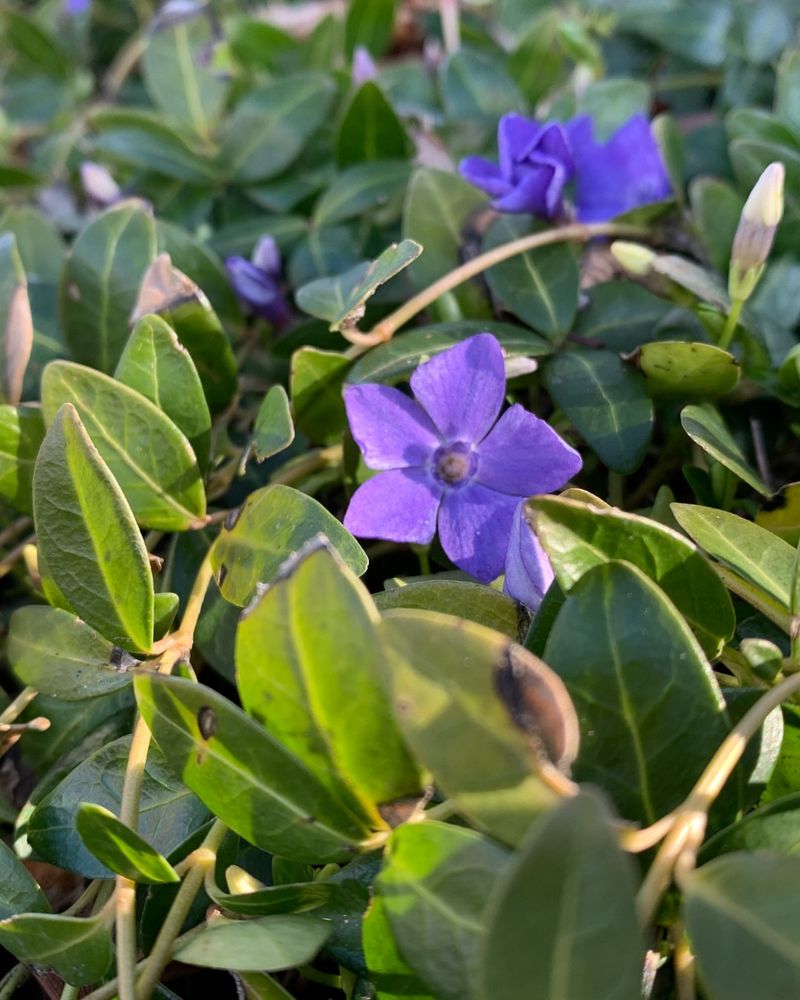
Vinca minor creates an evergreen carpet in shady spots where Tennessee’s stubborn weeds typically flourish. Its glossy leaves maintain color year-round, providing constant weed suppression even during winter months.
Blue-purple flowers emerge in spring, adding seasonal interest to otherwise dull areas beneath trees. The dense root system effectively holds soil on slopes where erosion threatens.
Many of my neighbors use this adaptable plant under mature oak trees where grass struggles. Just be mindful to contain it with edging as it can spread enthusiastically in ideal conditions.
3. English Ivy
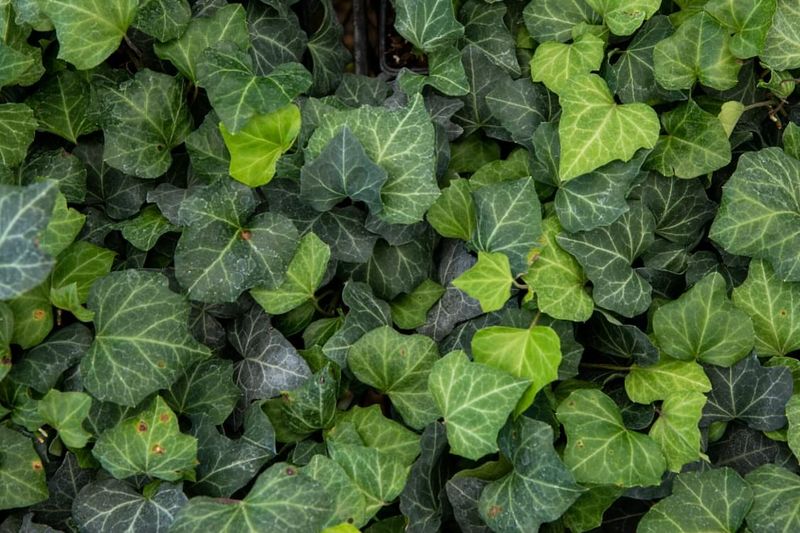
Hardy and persistent, English ivy thrives in Tennessee’s climate and creates a dense mat that effectively chokes out weeds. The evergreen leaves form a thick carpet even in deep shade where most plants struggle.
After establishing this ivy along my north-facing fence line, weeds became practically nonexistent. The deep green foliage offers year-round visual interest and erosion control on difficult slopes.
Keep it away from trees and structures as it can climb aggressively. Regular trimming maintains its ground-hugging habit and prevents unwanted vertical growth into nearby plants.
4. Sweet Potato Vine
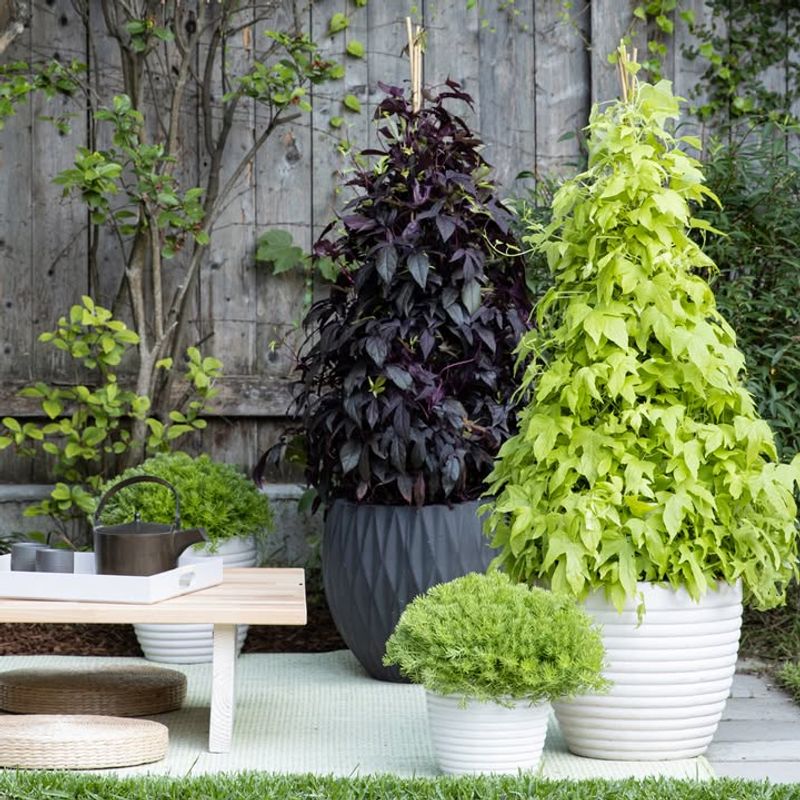
For seasonal weed control with stunning visual impact, sweet potato vine delivers remarkable results in Tennessee gardens. The heart-shaped leaves quickly spread to form a dense, colorful mat that smothers weeds throughout summer and fall.
Available in lime green, purple, or variegated varieties, these vines add dramatic color while performing valuable garden work. Last summer, I planted them around my vegetable garden borders as a living mulch.
Being frost-tender annuals, they’ll die back in winter but can be easily replanted each spring. Their vigorous growth means fewer weeds and less maintenance during peak growing months.
5. Ajuga (Bugleweed)
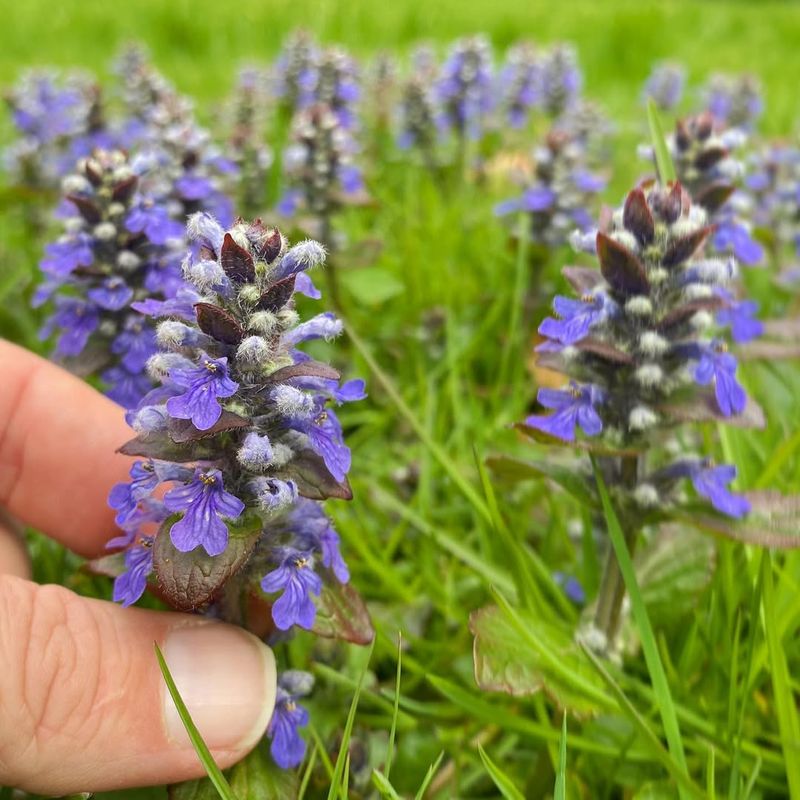
Ajuga forms a tight carpet of colorful foliage that effectively smothers weeds in Tennessee’s challenging clay soils. The bronze-purple leaves create year-round interest, while spring brings spikes of blue flowers that attract native pollinators.
In my partially shaded backyard, ajuga has successfully eliminated most weed problems within its growing area. It spreads steadily without becoming overly aggressive, filling gaps between larger perennials.
Particularly useful in moist areas where other ground covers might rot, ajuga handles Tennessee’s occasionally wet springs with ease while maintaining its weed-suppressing density.
6. Carolina Jessamine
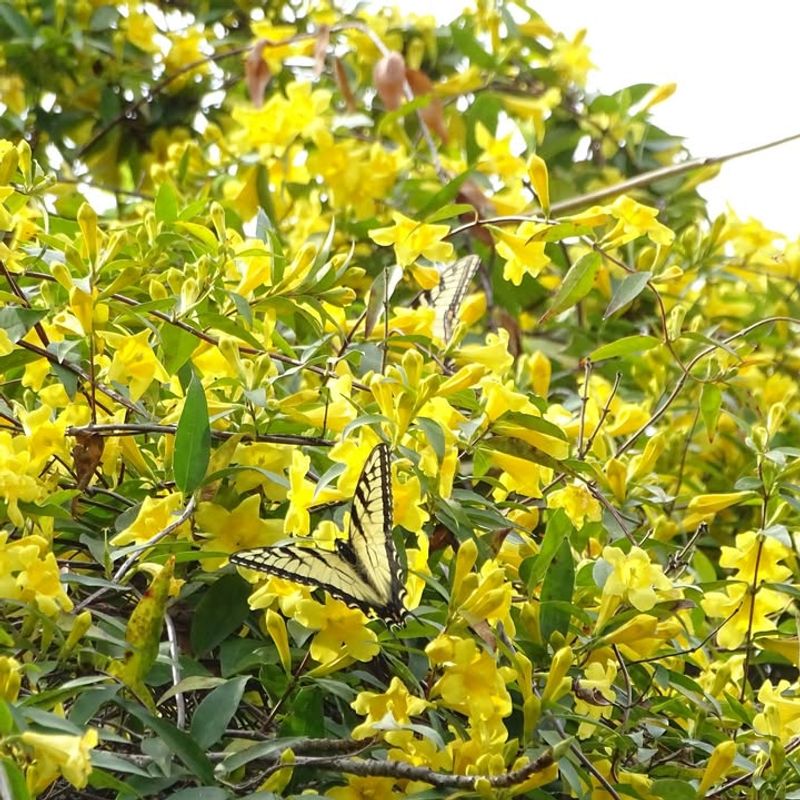
Carolina jessamine offers Tennessee gardeners a native vine option that naturally adapts to our local growing conditions. The bright yellow trumpet flowers appear in early spring, providing early nectar for pollinators before most other plants bloom.
Unlike some aggressive ground covers, this well-mannered vine can be trained to spread horizontally across problem areas. The glossy evergreen foliage maintains weed suppression year-round while adding structure to the landscape.
My favorite use has been allowing it to cascade down retaining walls where it prevents weeds from establishing in the crevices. It performs beautifully in full sun to partial shade.
7. Virginia Creeper
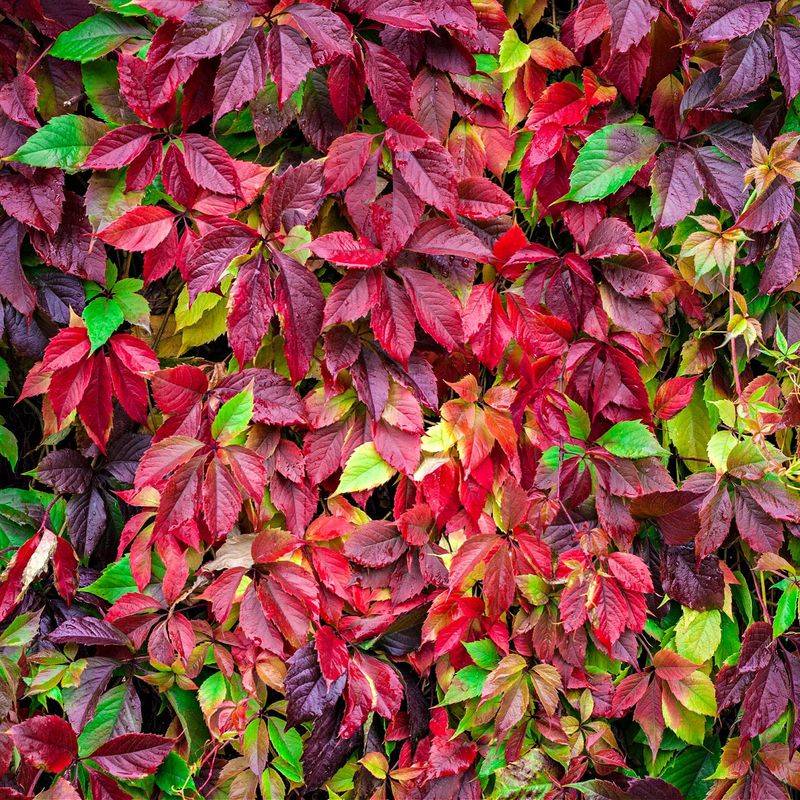
Virginia creeper excels at covering difficult areas where other plants struggle in Tennessee’s varied landscape. The five-leaflet pattern creates a distinctive woodland look while effectively shading the soil from weed seeds.
Fall brings spectacular red foliage that lights up the garden before winter dormancy. This native vine supports local wildlife with berries that attract birds throughout the colder months.
After establishing Virginia creeper along my woodland garden edge three years ago, weeds have virtually disappeared from that area. Its deep root system stabilizes slopes prone to erosion after heavy Tennessee thunderstorms.
8. Crossvine
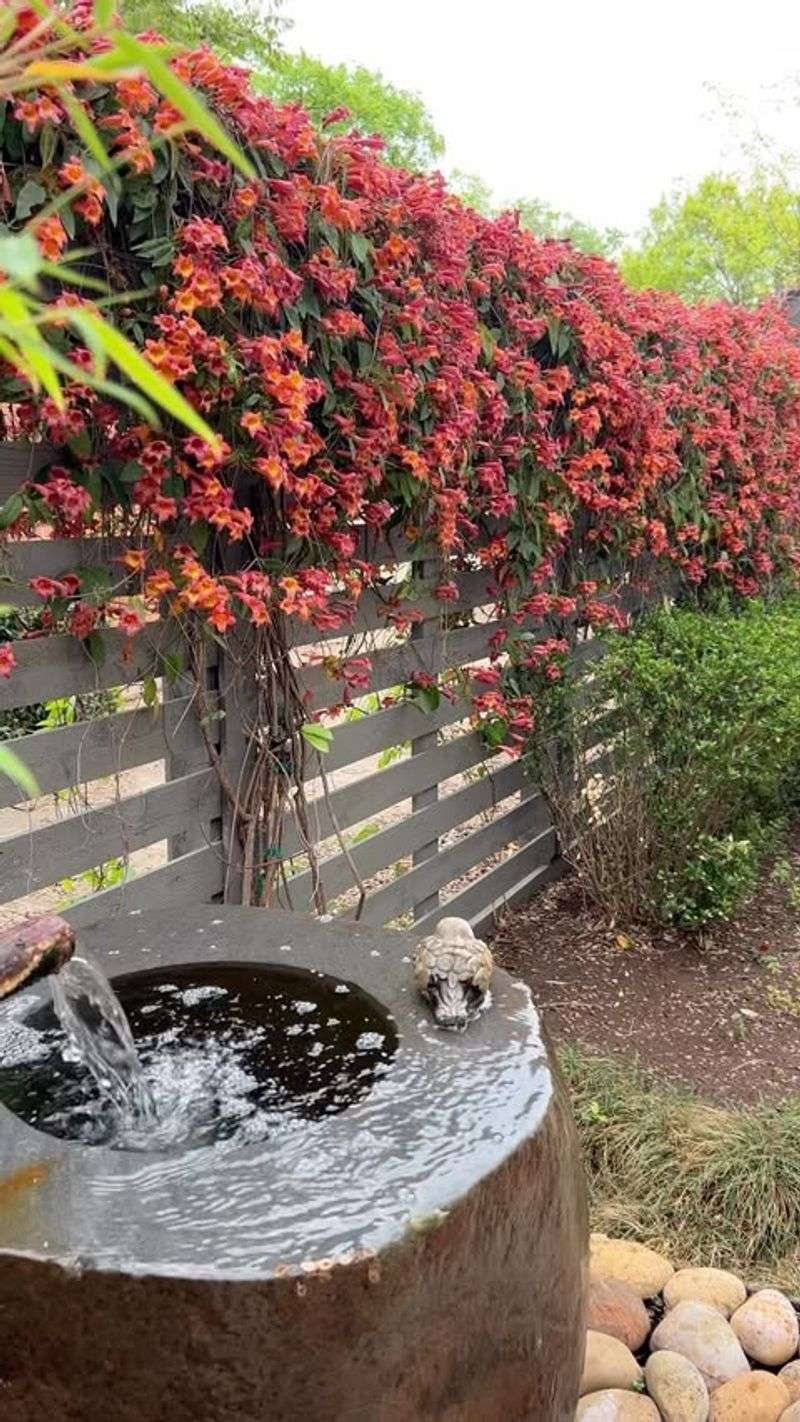
Crossvine offers Tennessee gardeners a stunning native alternative that supports local ecology while suppressing weeds. The trumpet-shaped orange-red flowers attract hummingbirds and create spectacular spring displays against evergreen foliage.
When trained horizontally along the ground, it forms a dense mat that effectively blocks weed growth. The semi-evergreen nature means it provides weed suppression nearly year-round in most Tennessee regions.
I’ve used crossvine along my property boundary where it outcompetes invasive plants that previously dominated. Its adaptability to both sun and partial shade makes it versatile for various landscape applications throughout our Tennessee climate zones.
9. Trumpet Honeysuckle
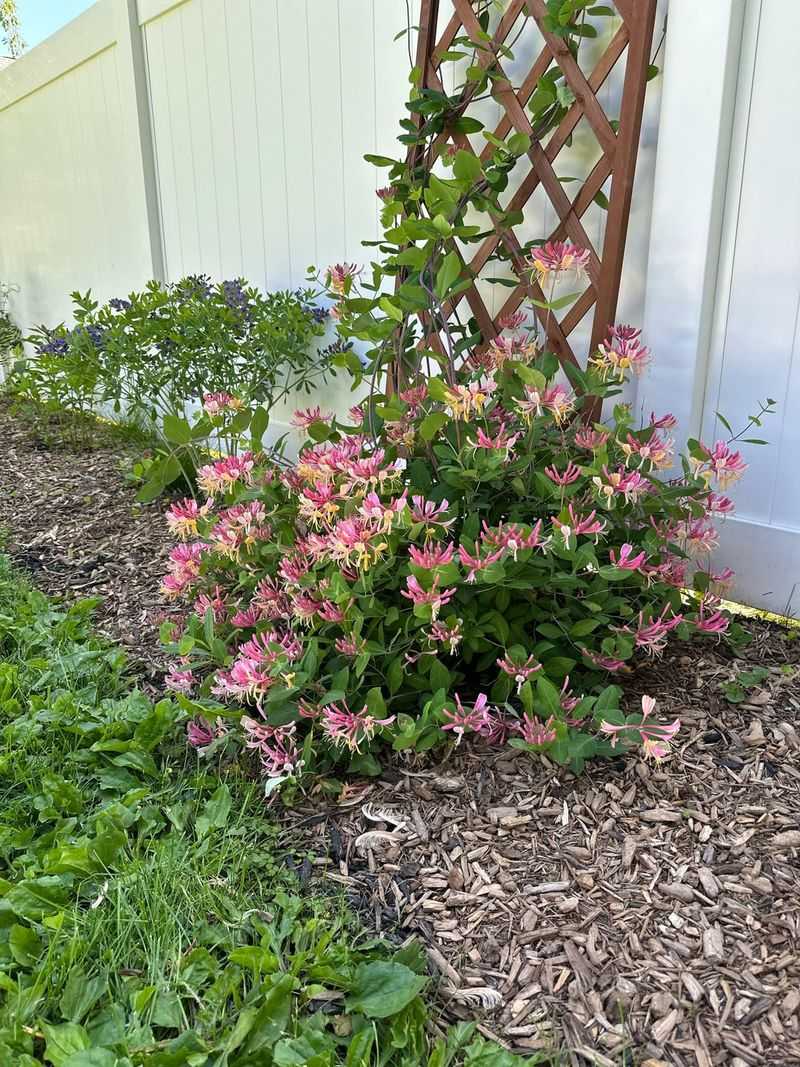
Known for its fiery blooms, the Trumpet Honeysuckle is more than just a pretty face. With bright red and orange flowers that attract hummingbirds, this vine adds a splash of color to any garden. Its vigorous growth habit makes it an excellent ground cover option.
The Trumpet Honeysuckle thrives in the Tennessee climate, preferring well-drained soil and full sun. As it spreads, it effectively suppresses weeds, reducing garden maintenance. Its adaptability means it can flourish in various soil types, providing versatile coverage.
A fun fact: its sweet nectar makes it a favorite among pollinators, enhancing your garden’s biodiversity.

